Anyone who’s nervously sought advice before a first date has probably heard these words: “just be yourself.” Yes, “be yourself” is definitely sound advice–and these days, employers are known to tell their employees the same thing.
Showing up to work authentically is in everyone’s best interests. Employees who feel they can be themselves at work generally demonstrate higher output and productivity levels. It also helps alleviate stress and boost morale. Thanks to the COVID-19 pandemic and last year’s social justice demonstrations, companies are now working to create workplace environments that foster a greater sense of openness and belonging. Veering from traditional corporate culture to a more open, flexible one, organizations are increasingly attempting to accommodate the various personalities, livelihoods and schedules of their employees.
The shift from buttoned-up corporate culture to flexibility has sparked a shift in workers, too. No longer are they expected to stifle their personal opinions or put their mental health on the backburner for professionalism’s sake. Instead, employees are encouraged to bring their “whole selves” with them to work, opening space for healthy debates with colleagues or taking mental health days. Especially as the pandemic continues, workplace flexibility isn’t just a perk; it’s an expectation many employers are rushing to meet.
That said, it’s worth underscoring that the unbuttoning of corporate culture doesn’t mean basic human decency or professional values should fly out the window. Employees are still responsible for the impact they have on others and their organization. Which begs the question: how much of their employees’ “authentic selves” should companies really accept?
Employers Want Your Authenticity — Just Not 100% Of It
Examining the paradox of tolerance can help us understand the importance of setting boundaries for true authenticity at work.
In 1945, philosopher Karl Popper published a decision theory called the paradox of tolerance, which states that tolerance without limits actually creates opportunity for acts of intolerance to occur. In order to maintain an open, tolerant society, that society must be intolerant of intolerant behavior. Karl Popper likely wasn’t thinking about how this theory could also apply to digital marketing agencies or tech startups, but the same logic applies. If employers are too tolerant of unprofessional behavior, the business and its employees alike will suffer.
Imagine, for example, an employee who repeatedly and viciously lashes out at coworkers on public Slack channels. Perhaps tensions are running high after an important meeting with stakeholders, or the company itself encourages employees to always speak their minds. Whatever the case may be, tolerating verbal attacks (even if that employee is simply acting “authentically”) doesn’t benefit anyone.
Consider that almost two-thirds of employees are treated rudely by a coworker, boss or customer at least once a month, according to research by Georgetown University professor Christine Porath. Eighty percent of all employees will spend significant work time worrying about disrespectful behaviors experienced on the job. Not only does this waste time that could be spent on mission-critical tasks, but it contributes to high burnout and turnover rates, which harms both company culture and the bottom line.
At the end of the day, employers should demonstrate openness to authentic personalities, skill sets and backgrounds to attract top talent. But it’s on both leaders and employees to recognize when employee authenticity can be used as an asset to a company — and when it might be a liability instead.
As A Paid Employee, You’ve Agreed To Meet Company Expectations
Regardless of how flexible an organization says it is, the truth is that certain behaviors will always be expected of employees. The primary goal of an organization should be to balance empathy, safety, and belonging with fair rules and regulations. What’s more, by accepting a paycheck every month from your employer, you’re agreeing to fall in line with those regulations. You’ve signed an employee agreement and skimmed the company handbook. The onus is on you to act accordingly, even if that means leaving parts of your more authentic self at the door.
Just because employees are bound by certain rules, however, doesn’t mean they don’t have the power to influence company culture entirely. Many companies welcome employee input on their mission, vision and values. If it feels that you’re leaving too much of your authentic self at home, it might be time to question whether your employer’s values really do align with your own. (Hint: the interview process is a great time to ask insightful questions about the company’s values before accepting a job offer).
It goes without saying, however, that companies are required to act ethically and responsibly. If your employer begins asking you to behave otherwise, it’s probably time to start looking for a different job.
The Takeaway
As we progress into the second year of remote work and shifting work cultures, organizations will need to work to continue clarifying expectations. It’s up to companies to clearly state what they will and will not tolerate from their employees. “Just be yourself” is great advice for a first date, but at work, employees have to ensure they behave in line with company values — even if that means showing up to work differently than they would off the clock.








